The 10 Best Classic Science Fiction Books Ever
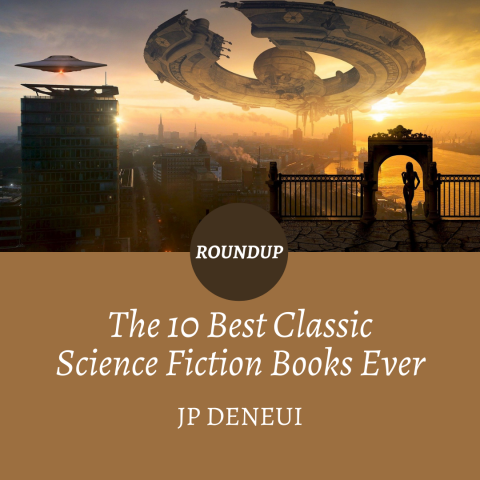
Image by KELLEPICS on Pixabay
J. P. DeNeui
As much as I love fantasy, and I do adore it, Science Fiction (SF) holds a special place in my heart no other genre can replace. Look up to the stars or to the center of the Earth, far into the future or a few years hence: in milieus distant and near at hand SF lives and transforms lives, written into almost-reality by more authors than one article can attempt to name.
This list is not perfect, but it is a start. Each book here comes highly recommended. Even if they are no longer with us, support these authors and live in their worlds. I promise you won’t regret the journey.
As no clear definition of what’s “classic” exists, all books here have been published no later than 1990. Why 1990? Well, the year 2000 feels too near at hand and before 1990 I was illiterate.
These seem like perfectly reasonable parameters.
And so, from the nineteenth century to 1990, chronologically, here we go.
Frankenstein by Mary Shelley, 1818
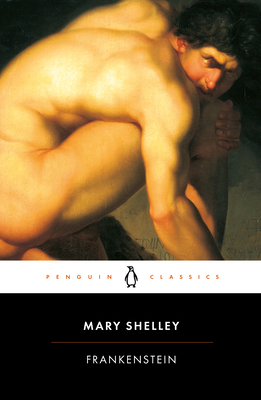
Through an ingenious layering of first-person narratives, Shelley immerses the reader in horror rooted in brazen scientific experiments. Life is not infused into death by occult rituals but through trial and error; Victor Frankenstein excels at the sciences, and after developing a secret technique to impart life to non-living matter, he undertakes the ill-fated creation of a humanoid.
One of the first science fiction stories ever written, Frankenstein is a standard-bearing work of brilliance that still holds up two hundred years later.
Journey to the Center of the Earth by Jules Verne, 1864
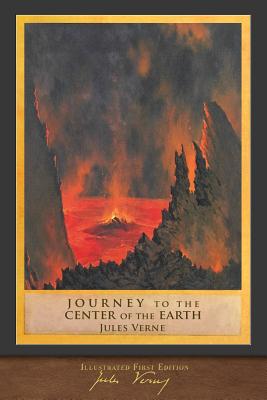
From Twenty Thousand Leagues Under the Sea to From the Earth to the Moon, Verne was a prolific SF writer long before such specimens were common. My favorite of his SF books, Journey to the Center of the Earth tells the tale of Professor Otto Lidenbrock, a German scientist convinced a volcanic tube can be rappelled down to reach the center of the Earth. Otto’s reluctant nephew, Axel, and his Icelandic guide, Hans, venture with him on a grand quest into a vast subterranean world where prehistoric life has survived. Immensely detailed, inventive, and fun, if one doesn’t think too much about Earth’s real core, this book is a joy to read.
The War of the Worlds by H. G. Wells, 1898

Told in the first-person by a terrified narrator, Wells devotes little attention in this classic to characterizing the feeble humans and much to the Martians and their attack. Soon after their unexpected arrival, Martian tripods prowl Great Britain firing heat rays and leaking poisonous smoke. Will all of humanity be erased?
The War of the Worlds masterfully laid the groundwork for countless imaginary human-alien conflicts. Indeed, so important is H. G.’s legacy that World Science Fiction Convention awards are called “Hugos” to this day, after Hugo Gernsback Wells.
1984 by George Orwell, 1949

A seminal dystopian and prophetic achievement, 1984 is the opposite of light summer reading. The protagonist of the story, Winston Smith, works for the Party in Airstrip One, province of the repressive Oceania superstate in a land formerly known as Great Britain. The Party has nearly obliterated freedoms, controlling not only the means of production but demanding and enforcing total devotion. Winston dares to rebel and falls in love with Julia, who, despite professing her love for Winston, doesn’t believe the Party can be defeated.
The Foundation trilogy by Isaac Asimov, 1951-1953
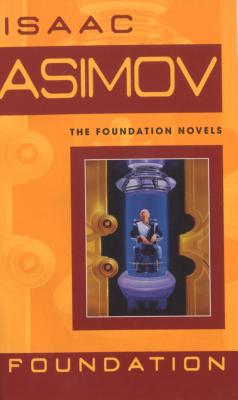
The mathematician Hari Seldon settles two groups of scientists and engineers to preserve science and civilization in Asimov’s intellectual masterpiece. A galactic dark age, Seldon posits, can be reduced to a millennium from thirty-thousand years if his psychohistorical decrees are enacted, and so the Foundations are laid for the future. The original Foundation trilogy won the one-time Hugo award for “Best All-Time Series” in 1966, and after a thirty year gap, Asimov expanded his universe with two prequels and two sequels.
Set against the decline of a vast galactic empire, the series wrestles with questions of individualism and fate over hundreds of years of struggle. If we can statistically predict calamity, how can we prevent it? Should we?
Fahrenheit 451 by Ray Bradbury, 1953
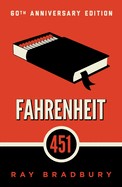
In Fahrenheit 451’s America, all books are outlawed and “firemen” now burn them. Gainfully employed in this state-sponsored censorship, Guy Montag questions his career as an arsonist when he meets his new teenage neighbor, Clarisse. Jolted by Clarisse’s unexplained disappearance and his vacuous wife’s drug overdose, Guy begins to read the books he would have burned and seeks out an English professor for guidance. Smartly written and feverishly paced, this dystopian novel burns like a phoenix and builds to a climax of nuclear hellfire.
Starship Troopers by Robert A. Heinlein, 1959
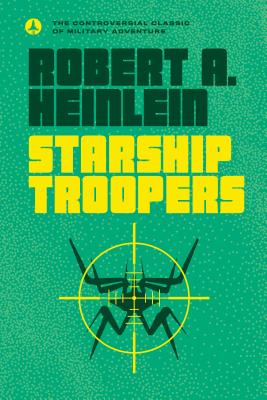
I know what you’re thinking, but this is not the movie. In the book, Juan “Johnny” Rico fights the “Bugs” in the last of Heinlein’s series of “juvenile” novels and the acclaimed author’s most popular work. The coming-of-age story is set well in the future in the age of a global Terran Federation at brutal interstellar war with a hive mind. Winner of the 1960 Hugo Award for Best Novel, Starship Troopers blurs the line between sci-fi action and moral critique. Regardless of whether you believe he deifies the military (or that his work has been poorly adapted), Heinlein delivers a rollicking ride.
Dune by Frank Herbert, 1965
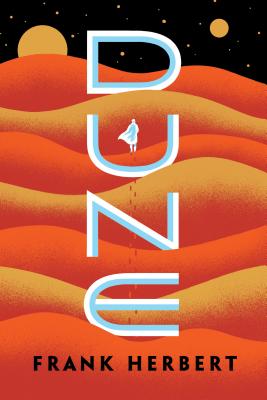
“The spice” must always flow on Arrakis, home of the Fremen and Paul Atreides. Arrakis was entrusted to Paul’s family to steward and is the only source of melange, a powerful drug necessary for multidimensional prescience required for navigating the stars. Dune is the best-selling science fiction book of all time and deservedly won the first Nebula award for best novel. Politics, religions, and warring factions collide in a truly epic tale beset by sandworms. Need I say more?
Ender’s Game by Orson Scott Card, 1985
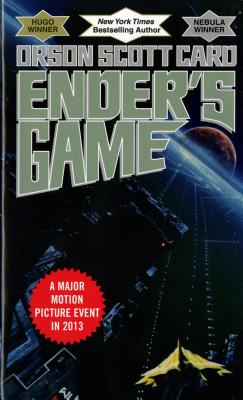
Upon discovering a base on an asteroid, war breaks out between humanity and aliens derisively dubbed “buggers” for their insectoid appearance. After narrowly defeating the buggers, humanity launches a fleet for their worlds set to be controlled remotely from Earth. Pitted constantly against other gifted young boys, Ender Wiggin rises through adversity in Battle School, a child set to determine Earth’s fate.
Ender’s Game is one of my personal favorite books ever with twists at the end I don’t want to spoil even thirty-six years post-release.
Jurassic Park by Michael Crichton, 1990
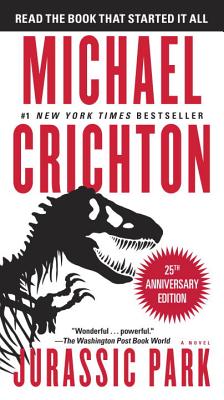
Here the movie adaptation by Spielberg is stunning – and the book may well be better. The plot hardly needs my recap, but in case you need a refresher: Man brings back dinosaurs from ancient DNA, splices in new strands, makes a park.
Disaster.
Crichton’s precise and provocative biotech tale blends edge-of-your-seat thrills with plausible dread. There are no aliens in Jurassic Park or collapsing galactic empires, just too many humans playing God.
Honorable Mentions
2001: A Space Odyssey by Arthur C. Clarke, 1968
The Left Hand of Darkness by Ursula K. Le Guin, 1969
The Hitchhiker’s Guide to the Galaxy by Douglas Adams, 1979
And too many more to list.
Joseph Paul “JP” DeNeui (he/him) is a basketball-loving missionary kid from Thailand transplanted to Chicago, Illinois, where he shivers through winters and writes fantasy and sci-fi. He is the author of the fantasy novel Shadow of Wings.
You can follow Joseph on Facebook, Twitter, his website, or LinkedIn to see what’s going on in the world of fantasy writing, fiction, and general fun. Or, if you happen to love a good epic fantasy novel, check out his book in paperback or Ebook.
Email him at: josephdeneui@mockingowlroost.com


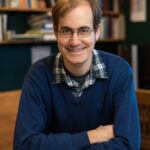

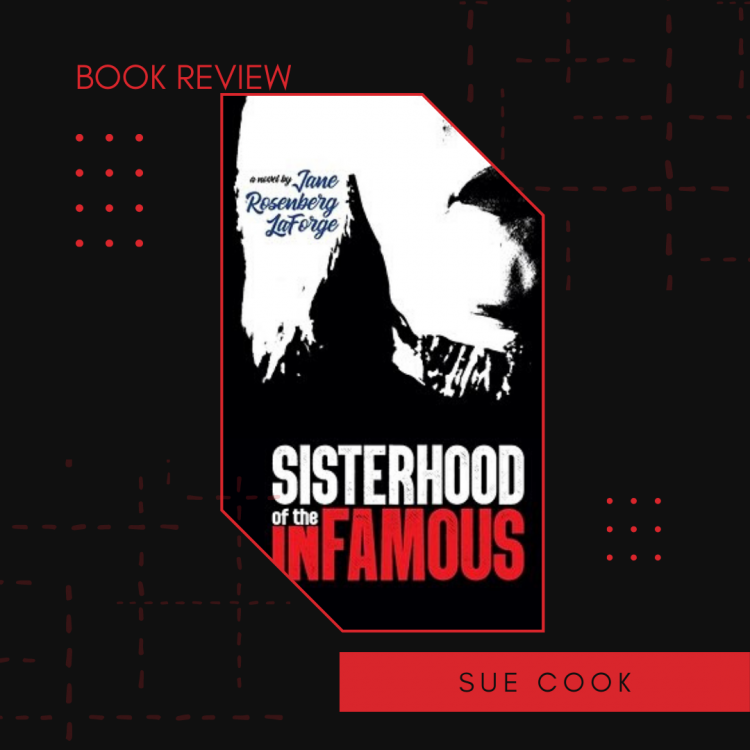

1 Comment
[…] Best Sci-Fi Novels (includes women authors) […]